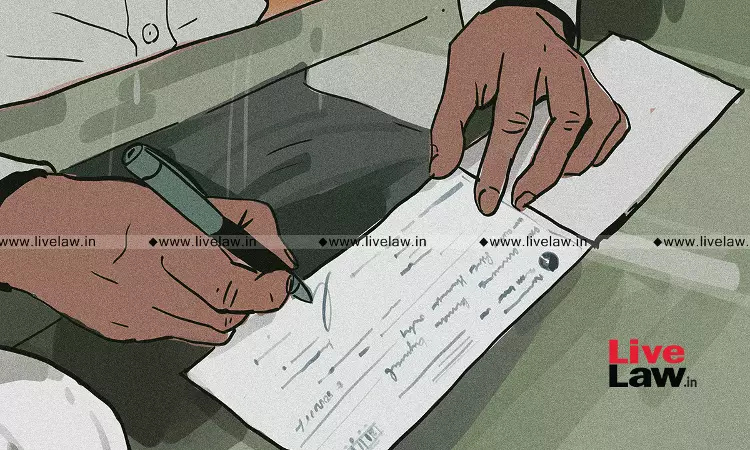S. 141 NI Act | No Restriction On Making Unregistered Firm An Accused In A Cheque Bounce Case: Bombay High Court
Amisha Shrivastava
18 Oct 2023 2:35 PM IST

Next Story
18 Oct 2023 2:35 PM IST
The Bombay High Court recently held that an unregistered partnership firm can be made an accused in a cheque dishonour case under the Negotiable Instruments Act, 1881 (NI Act).Justice Anil Pansare of the Nagpur bench observed that the status of registration of the partnership firm is irrelevant on proceedings for cheque dishonour under the NI Act.“registration or non-registration of...
